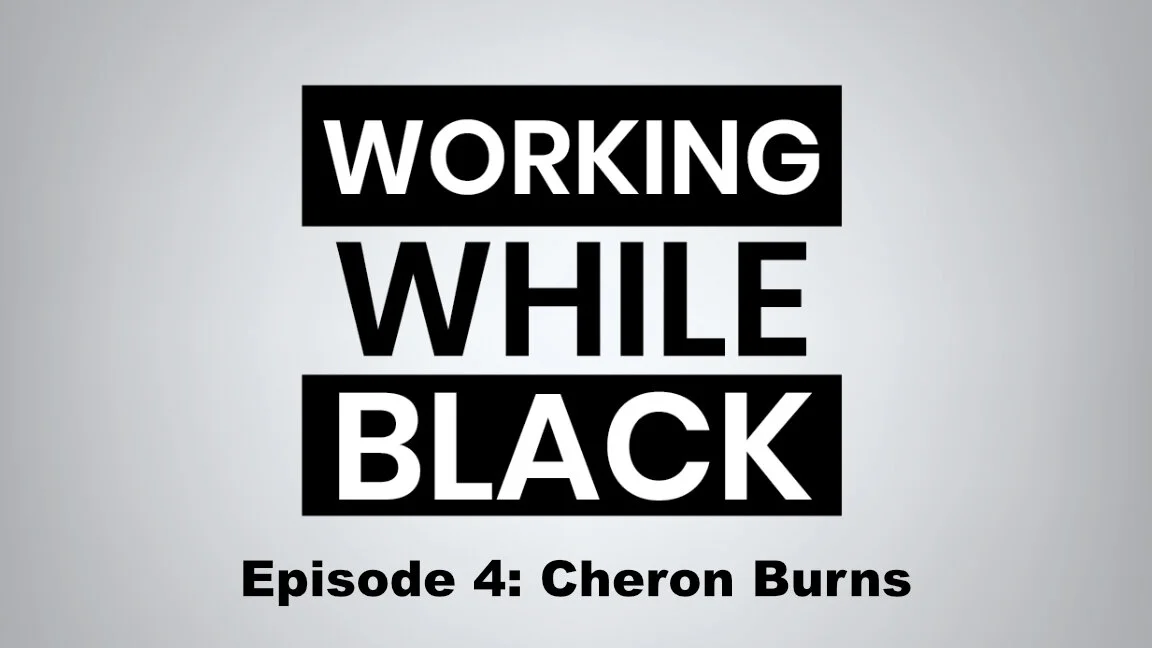A Case Study On Video Activism: The Story Of Jume Akinnagbe
In this interview, you’ll see a real world, real time example of how institutional racism created and maintains the wealth gap between Black and white Americans.
Just as race restrictive covenants and FHA redlining prevented Black Americans from buying real estate decades ago, government-sponsored disenfranchisement of Black Americans is happening right in the state of Maryland through its medical cannabis licensing process.
Listen to Jume Akinnagbe share her story of how she mortgaged not only her future, but the future of her friends and family who she borrowed large sums of money from in order to apply for a medicinal cannabis license during a special licensing round just for minority business owners.
It wasn’t until after investing millions of dollars in application fees that Jume and other Black business owners discovered that the licensing process was rigged against them all along.
To summarize what Jume shares during her interview, in the Maryland cannabis licensing process, we have:
Economic barriers to entry in the form of exorbitant application fees.
A rigged system where Black applicants were never going to be approved.
Black people who started out with less wealth being set even farther back by an expensive application process that they never had a fair chance of advancing through.
This is what institutional racism looks like…using a rigged system to steal wealth from current and future generations of Black Americans, creating a perpetual underclass.
With a rigged system, Black people can never catch up. And the Maryland cannabis licensing process is far from the only rigged system set up against Black people. Such systems have been a part of America from its inception.
Contact Marylanders for a Diverse and Equitable Cannabis Sector (MDECS) to find out how you can help with this licensing issue.
MDECS worked with Park Road Studios to help tell their story and shed light on the inequities of the cannabis licensing process in Maryland.



